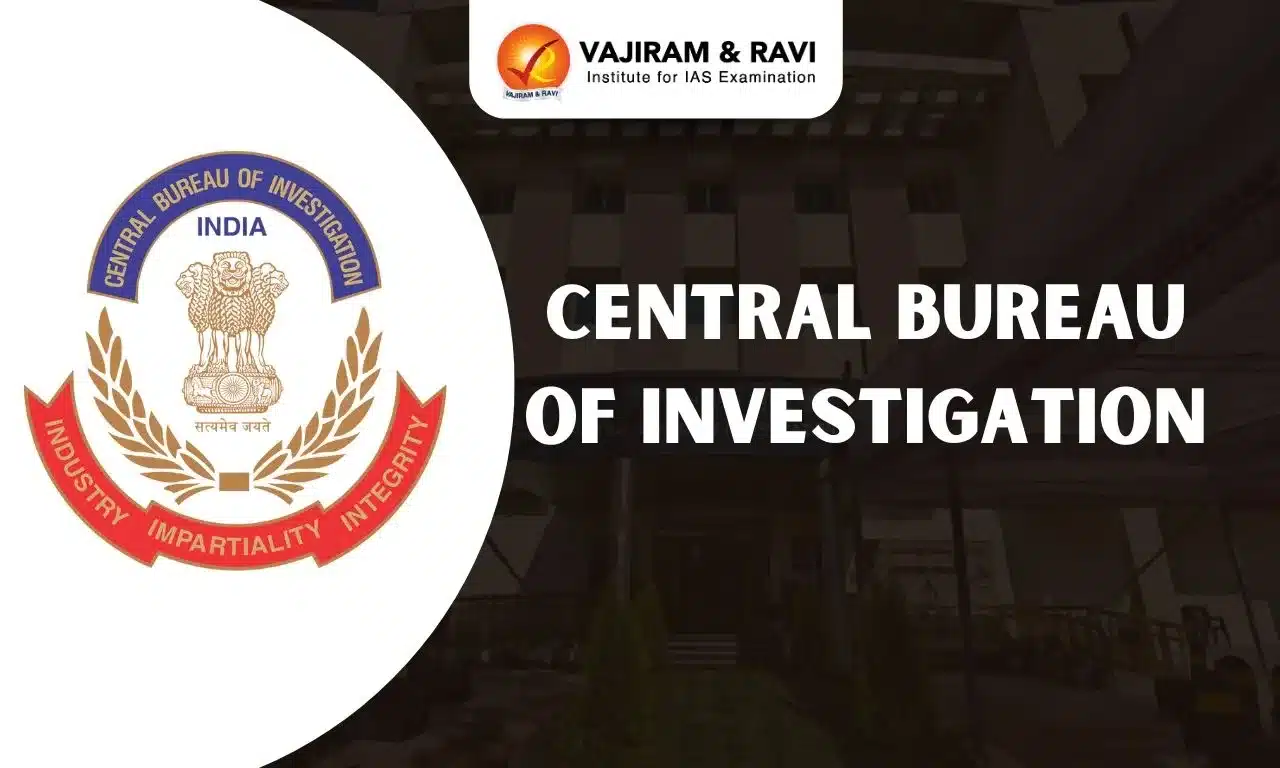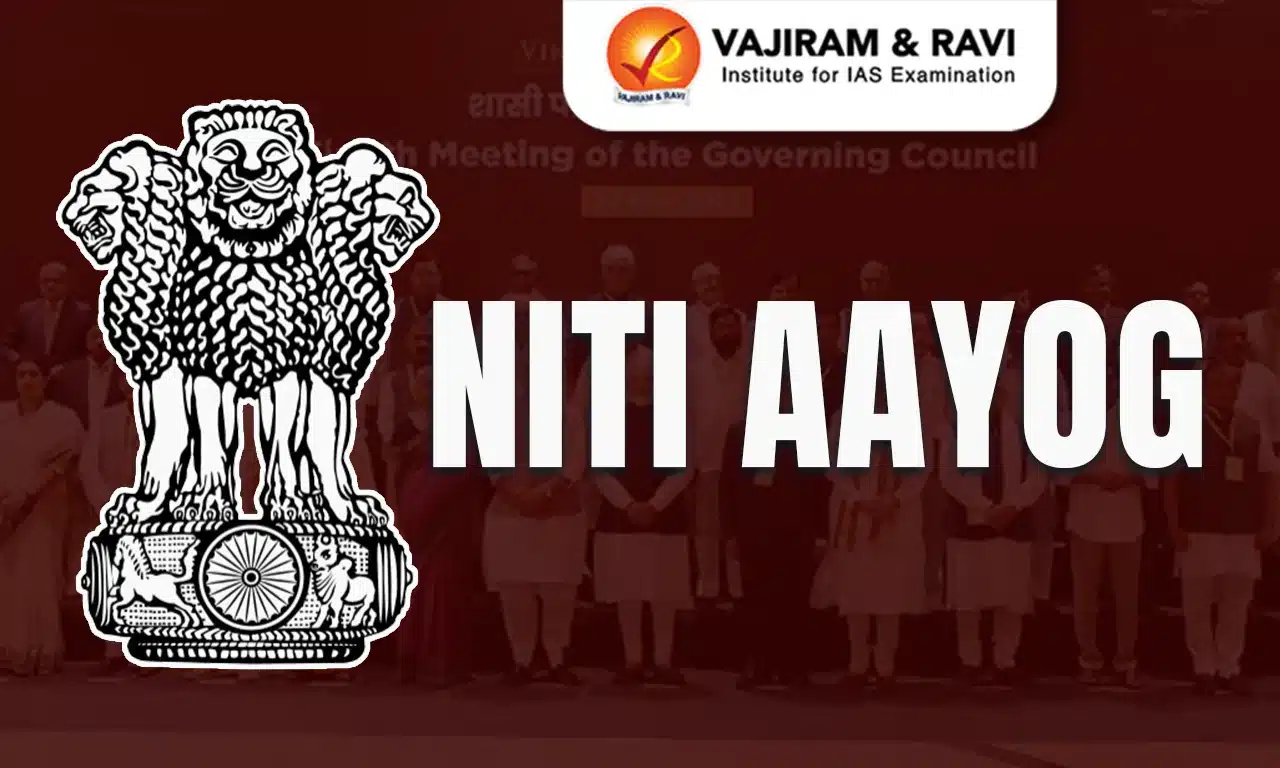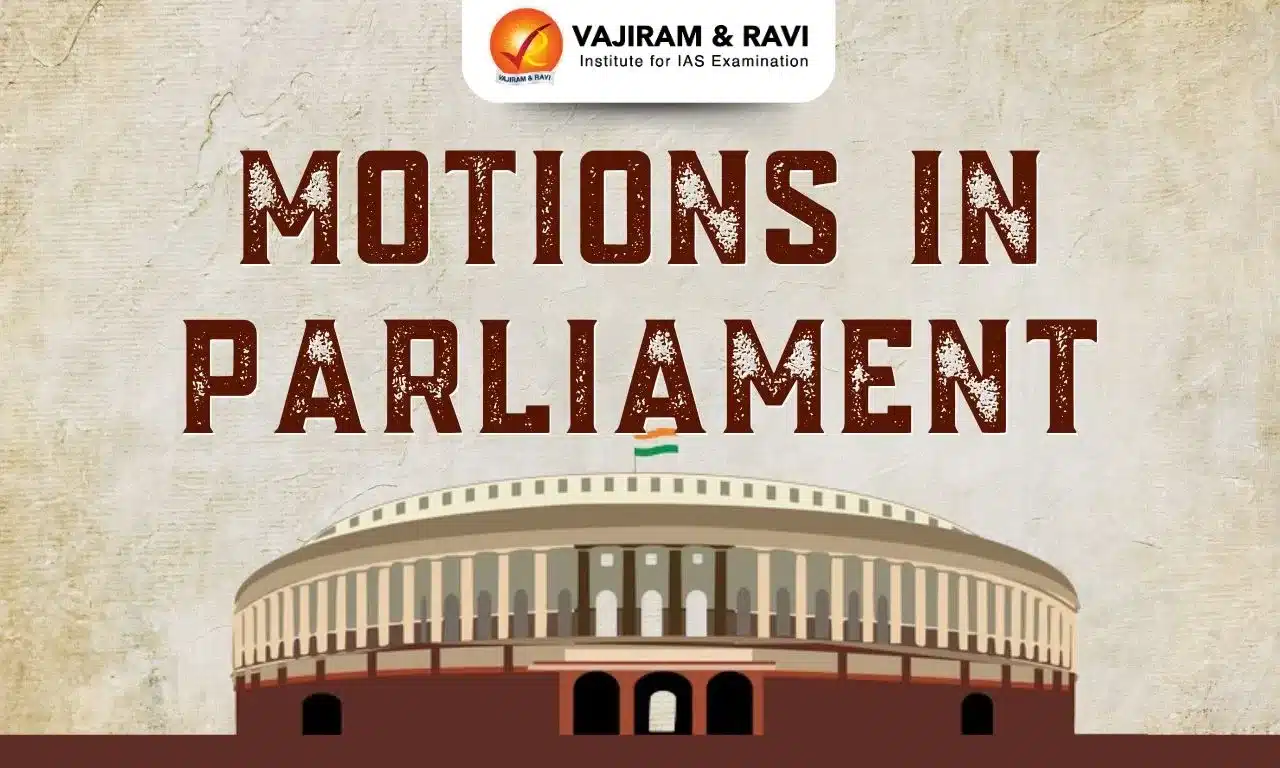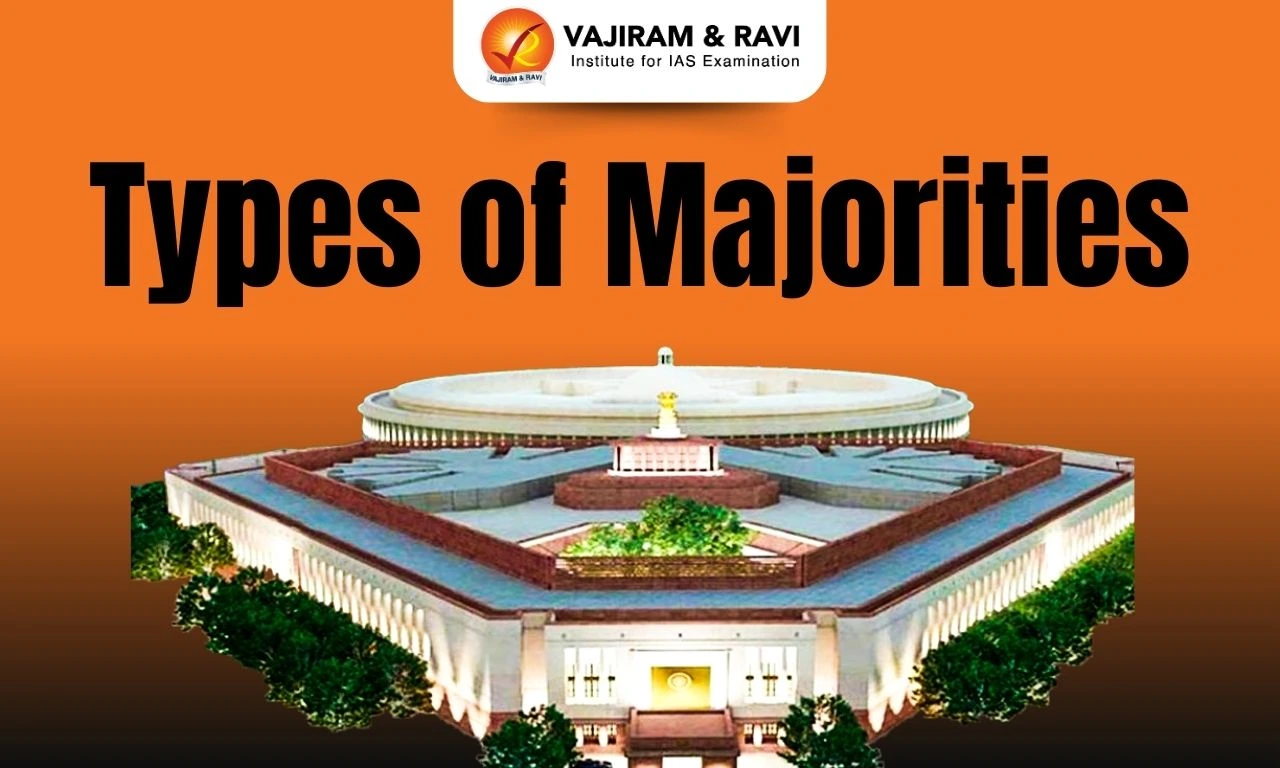The Central Bureau of Investigation (CBI) is India's premier investigative agency, operating under the Ministry of Personnel, Pension, and Public Grievances. It plays a vital role in upholding public values and safeguarding the national economy. Additionally, it serves as the nodal agency coordinating investigations for Interpol member countries.
The CBI investigates cases referred by the central government or directed by the Supreme Court and High Courts. Though trusted for its professionalism, the agency has faced criticism for political interference and jurisdictional limitations, as it requires state consent to investigate within their borders.
Central Bureau of Investigation
The Central Bureau of Investigation is India's premier investigative agency, responsible for probing high-profile cases involving corruption, economic offenses, and serious criminal activities. The CBI is neither consitutional nor statutory body, which functions under the Ministry of Personnel, Public Grievances, and Pensions and plays a vital role in upholding law and order by investigating complex cases of national interest.
- The agency's mission is to uphold the Constitution of India and enforce the law through thorough investigations and effective prosecutions.
- It also provides leadership and guidance to police forces and serves as the nodal body for enhancing inter-state and international law enforcement collaboration.
Central Bureau of Investigation Formation
The CBI's origins date back to 1941, when the Government of India established the Special Police Establishment to investigate bribery and corruption within the War and Supply Department during World War II. After the war, the need for a dedicated agency to address corruption among Central Government employees led to the enactment of the Delhi Special Police Establishment Act in 1946.
- In 1963, the CBI was officially formed following a resolution from the Ministry of Home Affairs, based on the recommendations of the Santhanam Committee on Prevention of Corruption.
- It was subsequently transferred to the Ministry of Personnel, Public Grievances, and Pensions, enhancing its operational framework..
Central Bureau of Investigation Organizational Structure
The CBI is led by a Director, typically an Indian Police Service (IPS) officer of the rank of Director General of Police. The agency comprises various ranks, including Special Directors, Additional Directors, and Joint Directors, organized into seven divisions, each focusing on specialized areas. The key divisions of CBI and their specialized works are discussed below:
- Anti-Corruption Branch: Investigates corruption-related offenses involving public officials.
- Economic Offenses Wing: Deals with financial crimes, such as fraud and money laundering.
- Special Crimes Unit: Handles high-profile cases, including terrorism and other serious offenses.
Central Bureau of Investigation Appointments
The Director of the Central Bureau of Investigation is appointed by the Appointments Committee of the Cabinet, based on the recommendations of a Selection Committee, as stipulated in the Delhi Special Police Establishment (DSPE) Act of 1946. The Appointment Committee is composed of:
- Prime Minister – Chairperson
- Leader of Opposition in Lok Sabha or the Leader of the single largest opposition party in the Lok Sabha – Member
- Chief Justice of India or a Supreme Court Judge recommended by the Chief Justice – Member
The Delhi Special Police Establishment (Amendment) Act, 2021 allows for extending the Director's tenure from two years to a maximum of five years. However, it is important to note that extensions can only be granted for one year at a time.
Central Bureau of Investigation Functions
TheCBIprimarily investigates corruption cases, economic offenses, and conventional crimes. Its anti-corruption efforts focus on offenses committed by employees of the Central Government, Union Territories, and public sector undertakings. For serious crimes like murder, kidnapping, and rape, the CBI takes up cases upon referral from state governments or when directed by the Supreme Court or High Courts. The main functions of the CBI include:
- Investigating corruption, bribery, and misconduct involving central government employees.
- Handling breaches of fiscal and economic laws, such as those concerning exports, customs, excise duties, income tax, and foreign exchange, often in coordination with the respective department.
- Probing serious crimes with national or international impact, often involving organized crime syndicates.
- Coordinating efforts with anti-corruption agencies and state police forces.
- Investigating cases of public importance upon request from state governments.
- Compiling and sharing crime statistics and criminal intelligence.
Landmark Cases Handled by CBI
Over the years, the Central Bureau of Investigationhas been involved in investigating some of the most high-profile and complex cases in India. These cases have often shaped public perception of the agency's efficiency and role in ensuring justice, particularly in cases involving corruption, organized crime, and economic fraud. Some of the landmark cases are:
- Bofors Scandal: In the late 1980s, the CBI investigated allegations of kickbacks paid in connection with a $1.4 billion arms deal between the Indian government and the Swedish arms manufacturer Bofors.
- 2G Spectrum Scam: In 2008, the CBI began investigating allegations of corruption and misconduct in the allocation of 2G spectrum licenses by the Indian government.
- Satyam Scam: In 2009, the CBI began investigating a major fraud perpetrated by the founder of the Indian IT services company Satyam Computer Services.
Central Bureau of Investigation vs. State Police
The role of the Special Police Establishment (SPE), a division of the CBI is to complement the work of state police forces. Both agencies share powers of investigation and prosecution under the Delhi Police Establishment Act, of 1946. To prevent duplication of efforts and ensure clear jurisdiction, the following administrative guidelines are in place:
- The SPE handles cases primarily related to the affairs of the Central Government or its employees, even if they involve some state government personnel.
- State police forces take charge of cases predominantly concerning state government matters or employees, even if they involve central government officials.
- The SPE also takes up cases involving employees of public sector undertakings or statutory bodies funded and controlled by the Central Government.
Central Bureau of Investigation General Consent Principle
As per Section 6 of the DSPE Act, taking up investigation by CBI in the boundaries of a State requires prior consent of that State. The Central Government can authorize CBI to investigate such a crime in a State but only with the consent of the concerned State Government. However, theSupreme Court and High Courtscan order the CBI to investigate such a crime anywhere in the country without the consent of the State.
- General consent: When a state gives general consent to the CBI for probing a case, the agency is not required to seek fresh permission every time it enters that state in connection with the investigation. A general consent is given to facilitate the seamless investigation in a case of corruption or violence.
- Specific consent: When a general consent is withdrawn, the CBI needs to seek case-wise specific consent for investigation from the concerned state government. This hinders the seamless investigation by the CBI.
Central Bureau of Investigation Supreme Court Judgements
The Supreme Court has played a crucial role in safeguarding the independence and professionalism of the CBI through various landmark judgments. By setting guidelines for the appointment process, fixed tenures, and limiting governmental control over investigations, the Court has strengthened the agency’s ability to function autonomously. Key Supreme Court Judgements include:
- Vineet Narain vs. Union of India (1997): The Court introduced measures for the appointment of the Director by a high-powered committee and a fixed tenure of two years.
- Subramanian Swamy vs. Director, CBI (2014): This judgment declared Section 6A of the Delhi Special Police Establishment Act unconstitutional, removing the requirement of government approval for investigating senior civil servants.
- Common Cause vs. Union of India (2018): The Court upheld the selection process for the CBI Director by a selection committee consisting of the Prime Minister, the Leader of the Opposition, and the Chief Justice of India (or nominee).
Central Bureau of Investigation Challenges
Despite its pivotal role in maintaining law and order, the Central Bureau of Investigation faces several significant challenges that hinder its effective functioning. These challenges affect its autonomy, operational efficiency, and public perception, often raising concerns about its credibility.
- Political Interference: The CBI is often perceived as being influenced by political pressures, which can compromise its independence and objectivity in investigating sensitive cases.
- Post Retirement Postings: CBI officers are not restricted from taking up employment after retirement, which may lead to concerns regarding potential biases or influence during their service.
- Shortage of Manpower and Resources: The agency suffers from a lack of adequate staff and financial resources, which affects its ability to handle the increasing volume of complex cases.
- Misuse by the Central Government: The CBI is sometimes accused of being used as a tool by the ruling party to target political opponents, undermining its impartiality.
- Outside the Scope of the Right to Information (RTI): The CBI is exempt from the RTI Act, limiting transparency in its functioning and raising concerns about accountability to the public.
Central Bureau of Investigation Reforms and Recent Developments
Over the years, several reforms have been introduced to enhance the autonomy and efficiency of the Central Bureau of Investigation. Notable among these reforms are the provisions aimed at securing the tenure of the Director and ensuring transparency in appointments.
- Central Vigilance Commission (CVC) Act, 2003: It guarantees a fixed two-year tenure for the CBI Director, ensuring stability and independence in the role.
- Lokpal and Lokayuktas Act, 2013: This act amended the Delhi Special Police Establishment Act, 1946, and introduced a high-level committee for the appointment of the CBI Director.
- The committee includes the Prime Minister, the Leader of the Opposition in the Lok Sabha, and the Chief Justice of India (or a Supreme Court judge nominated by him), ensuring checks and balances in the appointment process.
- Delhi Special Police Establishment (Amendment) Act, 2014: In cases where there is no Leader of Opposition in the Lok Sabha, the leader of the single largest opposition party serves as a member of the selection committee for appointing the CBI Director.
CBI Way Forward
To enhance the effectiveness of the Central Bureau of Investigation, a new CBI Act should replace the existing Delhi Special Police Establishment Act, clearly defining its role, jurisdiction, and legal powers. This reform would improve accountability and transparency within the agency.
- Statutory Backing: Confer statutory status to the CBI to enable independent investigations and prosecutions, clarifying its functions and powers through new legislation.
- Capacity Building: Introduce regular training for CBI personnel and invest in advanced technology for improved digital forensics and data analysis.
- Reforming Appointment Processes: Establish a collegium of key political figures to ensure multi-partisan representation in selecting the CBI Director, reducing executive dominance.
- Enhancing Accountability: Increase parliamentary oversight with regular reporting mechanisms to ensure the CBI operates lawfully and remains accountable.
- Addressing Staffing Issues: Prioritize filling vacancies and reducing reliance on deputations by recruiting permanent staff to enhance operational capacity.
Central Bureau of Investigation UPSC PYQs
Q1. The jurisdiction of the Central Bureau of Investigation(CBI) regarding lodging an FIR and conducting a probe within a particular state is being questioned by various States. However, the power of States to withhold consent to the CBI is not absolute. Explain with special reference to the federal character of India. (UPSC Mains 2021)
Last updated on March, 2026
→ UPSC Notification 2026 is now out on the official website at upsconline.nic.in.
→ UPSC IFoS Notification 2026 is now out on the official website at upsconline.nic.in.
→ UPSC Calendar 2026 has been released.
→ UPSC Final Result 2025 is expected to be released soon.
→ Check out the latest UPSC Syllabus 2026 here.
→ Join Vajiram & Ravi’s Interview Guidance Programme for expert help to crack your final UPSC stage.
→ UPSC Mains Result 2025 is now out.
→ UPSC Prelims 2026 will be conducted on 24th May, 2026 & UPSC Mains 2026 will be conducted on 21st August 2026.
→ The UPSC Selection Process is of 3 stages-Prelims, Mains and Interview.
→ Prepare effectively with Vajiram & Ravi’s UPSC Prelims Test Series 2026 featuring full-length mock tests, detailed solutions, and performance analysis.
→ Enroll in Vajiram & Ravi’s UPSC Mains Test Series 2026 for structured answer writing practice, expert evaluation, and exam-oriented feedback.
→ Join Vajiram & Ravi’s Best UPSC Mentorship Program for personalized guidance, strategy planning, and one-to-one support from experienced mentors.
→ Check UPSC Marksheet 2024 Here.
→ UPSC Toppers List 2024 is released now. Shakti Dubey is UPSC AIR 1 2024 Topper.
→ Also check Best UPSC Coaching in India
Central Bureau of Investigation FAQs
Q1. Is CBI not a statutory body?+
Q2. Which ministry does CBI fall under?+
Q3. What is the jurisdiction of CBI?+
Q4. What is the motto of the CBI?+
Q5. What are the powers of CBI?+














